
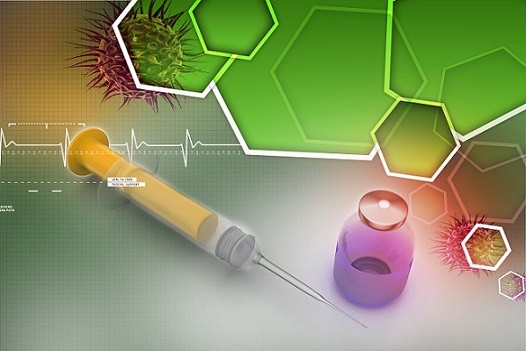
Trigger point injections are always used to reduce pain, reduce inflammation, and enable an individual`s body to partake in therapy easily. Trigger point injection is either dry needling or cortisone injection. Dry needling is carried out in case a patient has allergy history to local anesthetics or cortisone. Dry injection is simply the injection of a needle within a group of muscle that triggers pain. Muscular pain that requires trigger point injections can be spread over legs, arms, neck, chest, face, and lower back.
Clinical examination before Trigger Point Injections
A patient should be examined before injection treatment. The examination involves physical and history examinations.
History
• History of allergies
• History of medications
• History of pain
• History of needle tolerance
• History of other illnesses and similar pain
• Any complications after previous injections treatment
Examination
• Examination of the painful area. Examinations are always carried out to diagnose tender & painful area under an individual`s skin known as trigger point
• Also, examination is directed to diagnose bleeding disorder, skin infection, pregnancy, systemic infection, debilitating diseases, and diabetes
• Tender painful areas need to be marked cautiously at most tender spot
• Many trigger points are usually treated by injection of a maximum of 6 trigger points at every visit. The examination of the areas of trigger includes carefully analyzing the pain, tender spasm, and tender knot
• The painful spot of tender areas should be marked as a trigger point
Precautions for Trigger Point Injections
• Diabetes Mellitus
Patients that has insulin resistant unstable diabetes with severe to moderate hyperglycemia might not respond to the anti-diabetic medication. Unstable diabetic patients after cortisone injections might reveal very high levels of blood sugar. Blood sugar level might not respond to I.V insulin. The patients can develop diabetic ketoacidosis.
Conversely, patients with mild hyperglycemia history may be treated with cortisone injections. Cortisone will cause increased blood sugar level. Such hyperglycemia may be treated with oral anti-diabetic medications or insulin after the procedure if need be.
• Corticosteroid Treatment
If a patient is being given corticosteroid treatment, then it is good to avoid Trigger point injections with cortisone
• Fear of Needles
In case a patient has a fear of needle, all precautions need to be taken to observe and treat conditions such as hysterical behavior or vasovagal shock.
Side effects and complications of Trigger Point Injections
• Never Injury
Anytime a needle is inserted in the viscera or muscle, there is a likelihood of nerve injury. But, nerve injury is uncommon. Anatomical knowledge, experienced physician and use of monitoring equipment like ultrasound and X-ray eliminate nerve injury.
• Bleeding
Tear of capillaries or nerve pains can result in bleeding. Bleeding is actually significant in case a patient has a bleeding disorder. A trigger point injection is done within subcutaneous tissue & muscles. Indeed, life-threatening bleeding is rare or impossible unless a needle is placed deeply into major blood vessels or viscera.
• Infection
Needle placement is actually an invasive procedure. Clean skin surface and sterile equipment can help in avoiding skin, intramuscular or subcutaneous infection. Infection can be as a result of injection of liquid preparation like local anesthetics and cortisone.
In conclusion, these are some of the things that one should know regarding trigger point injections.

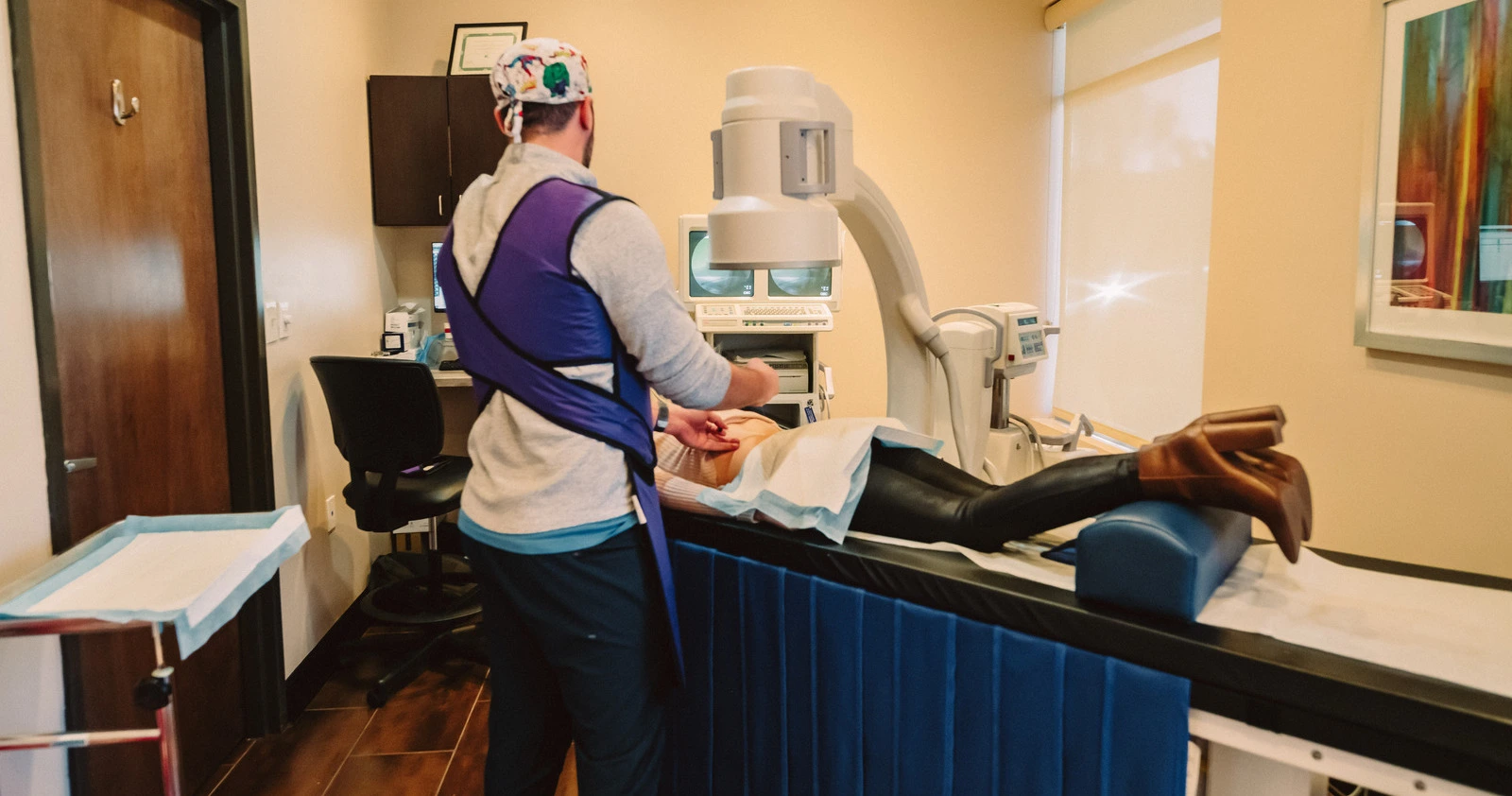
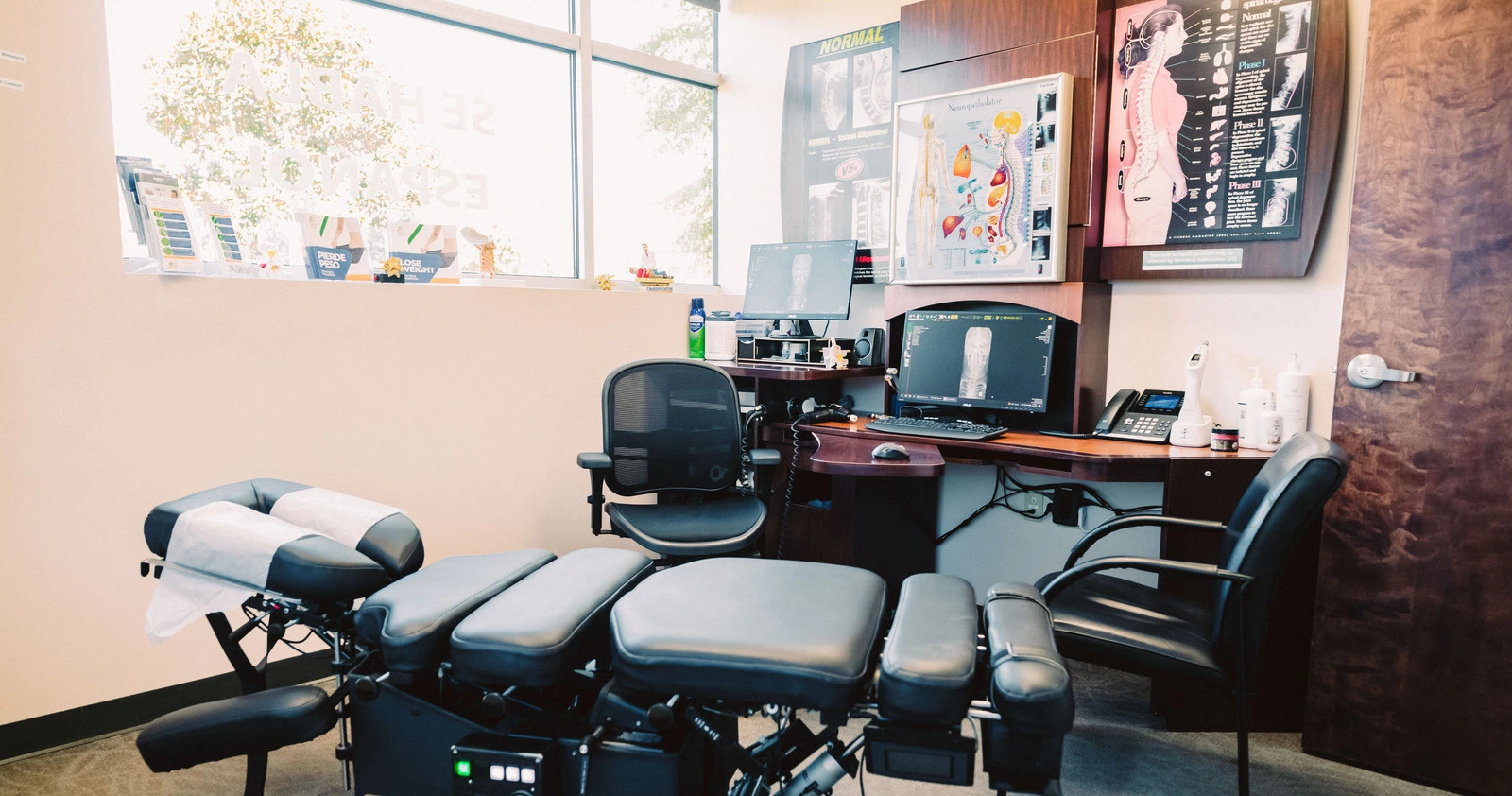




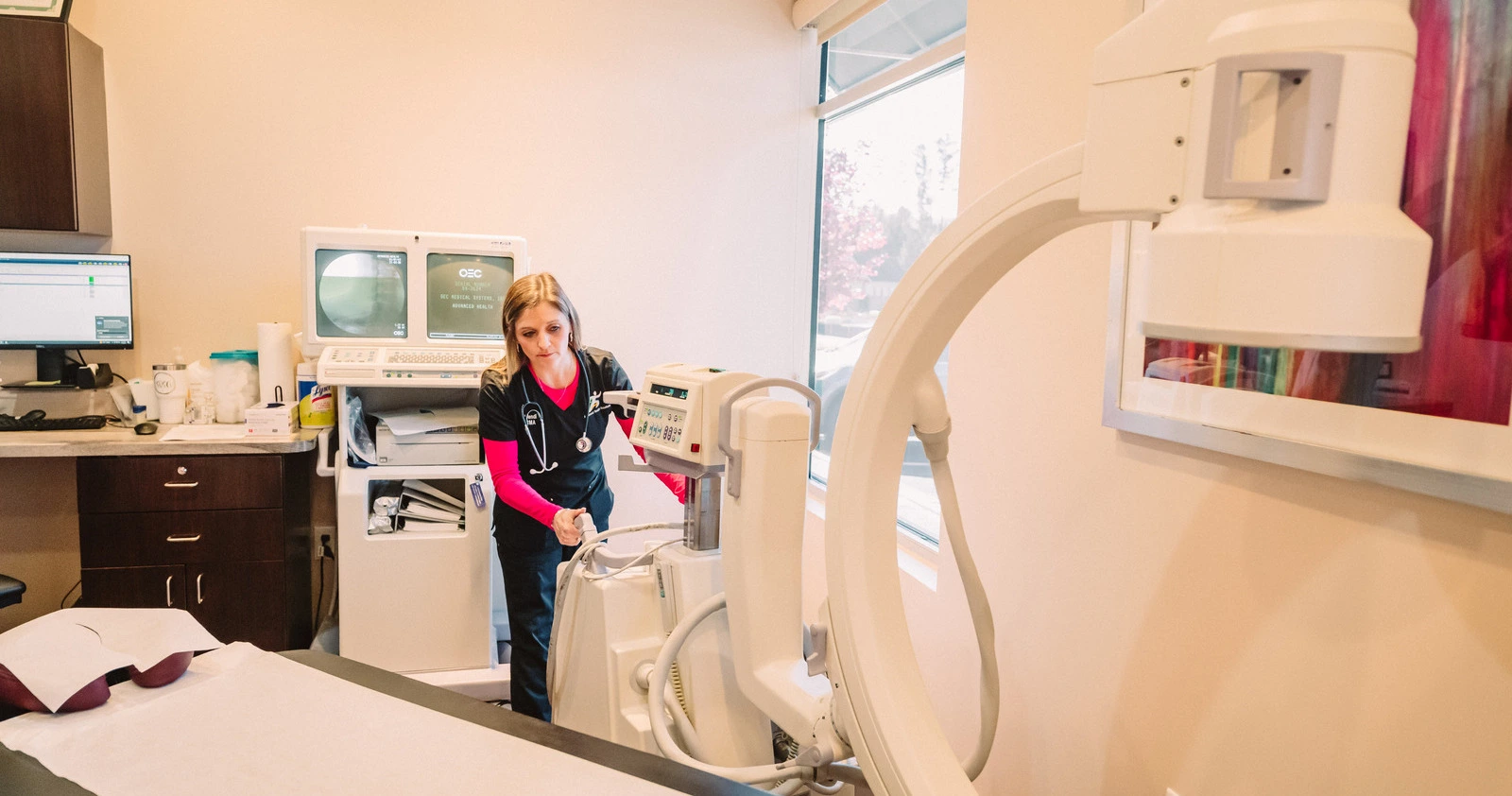

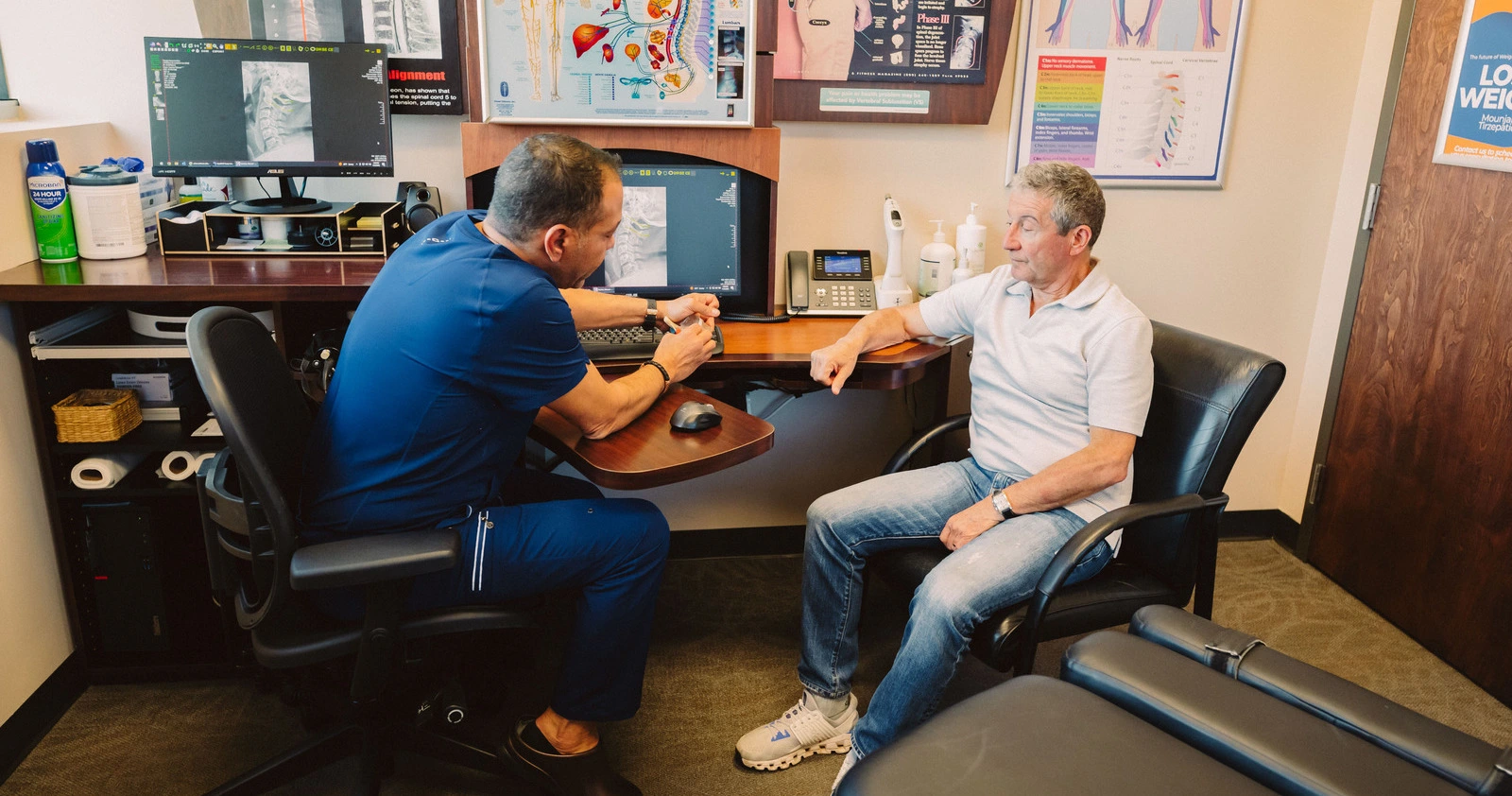
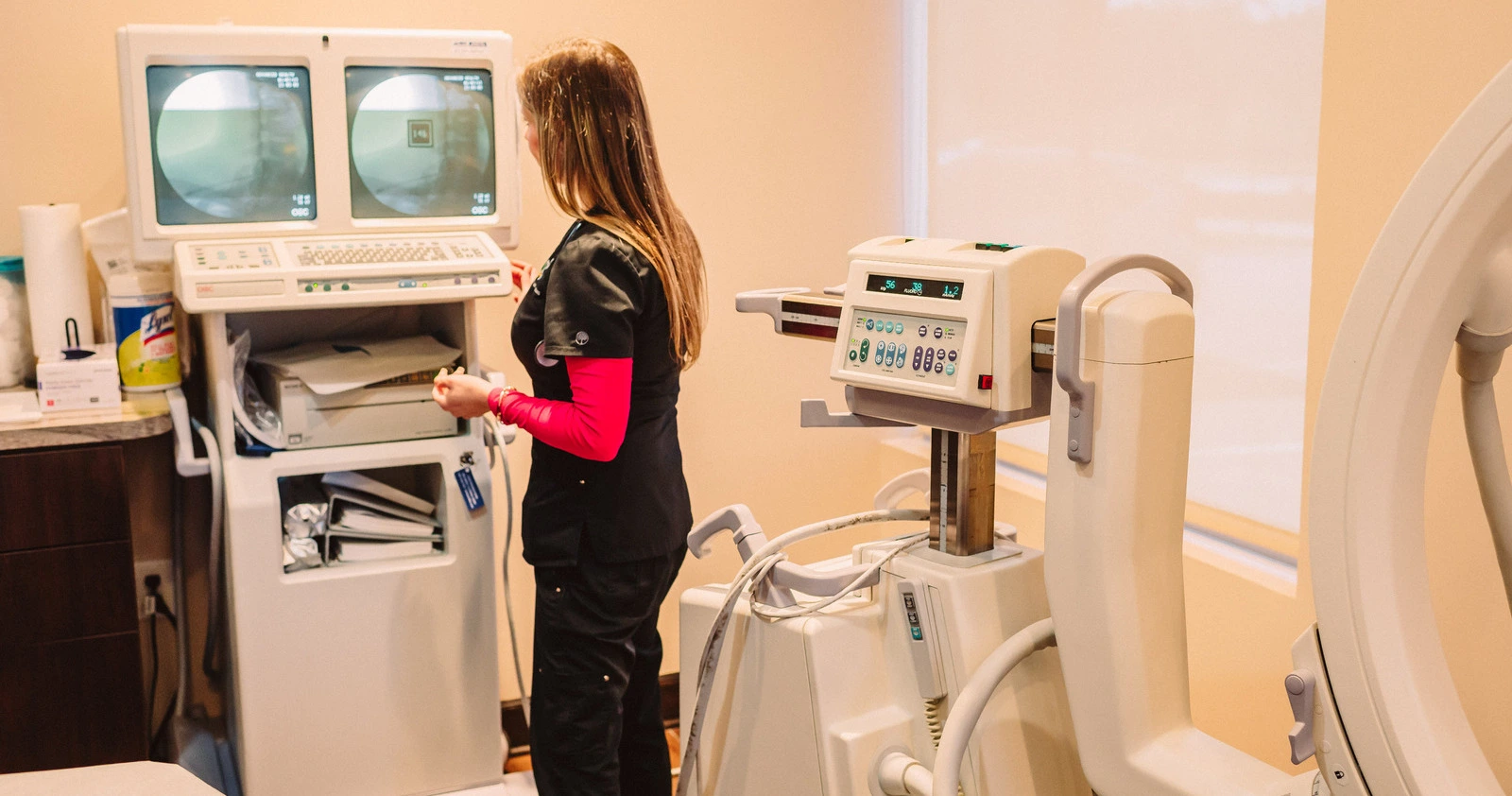
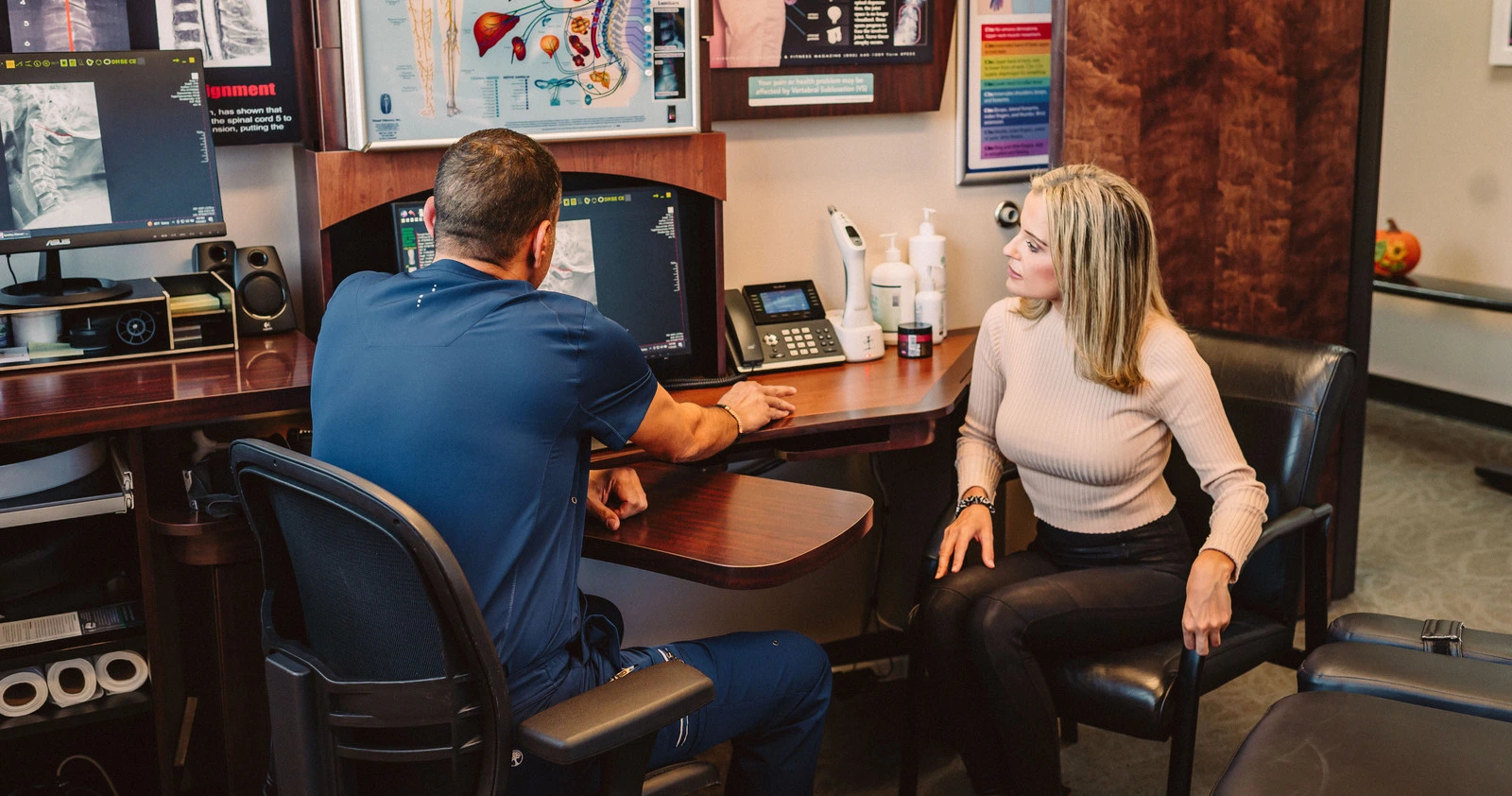

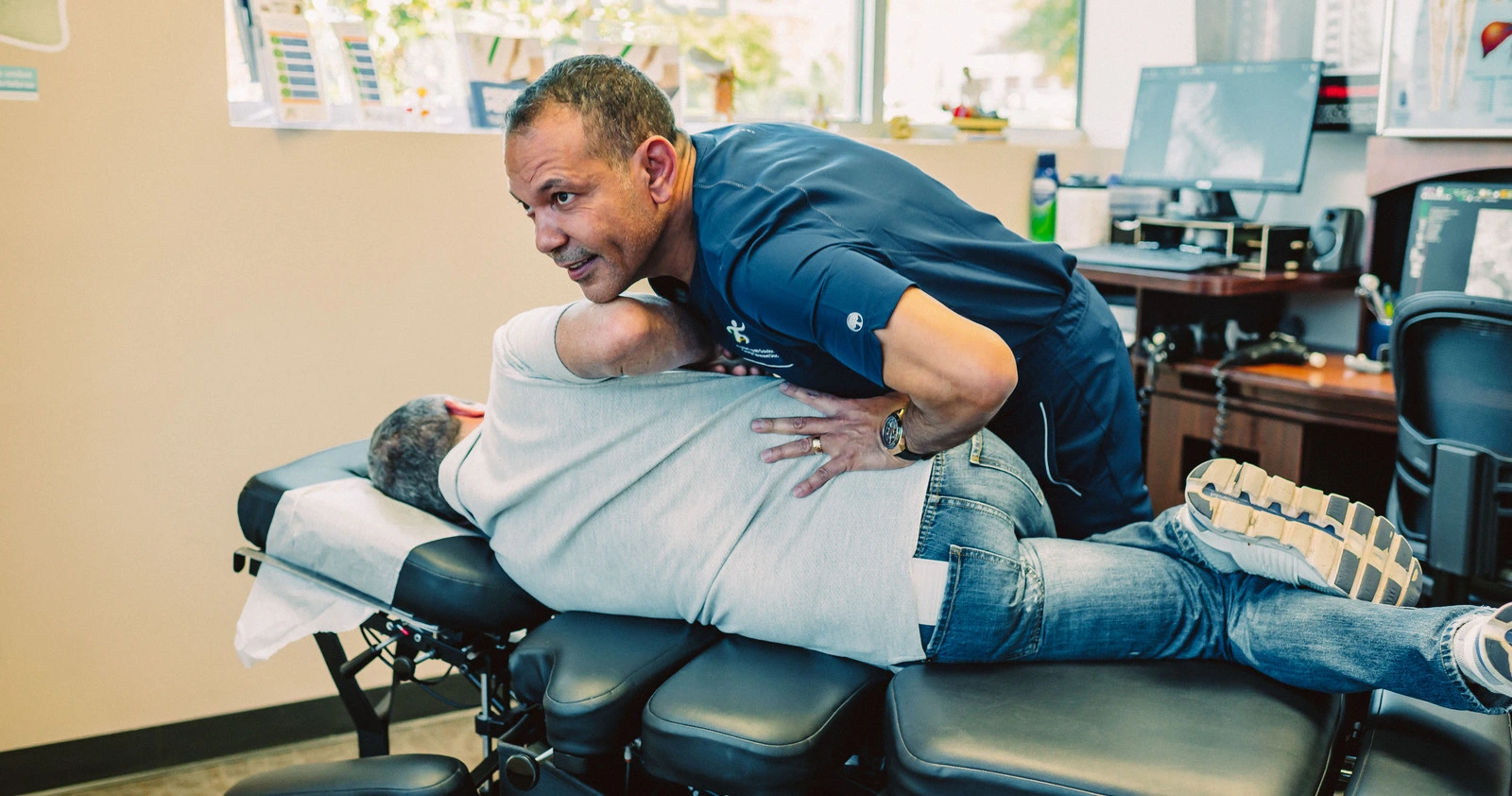
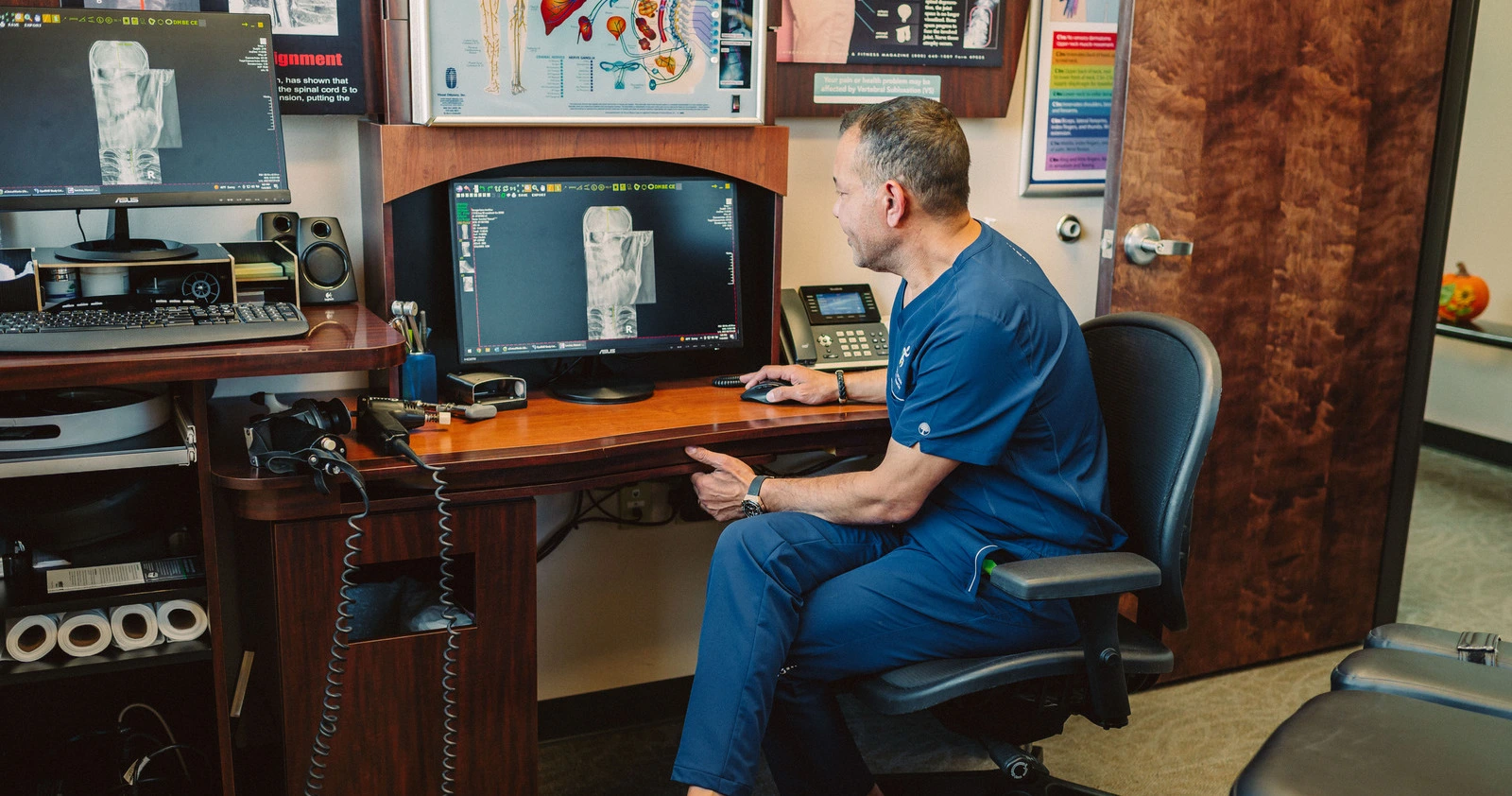

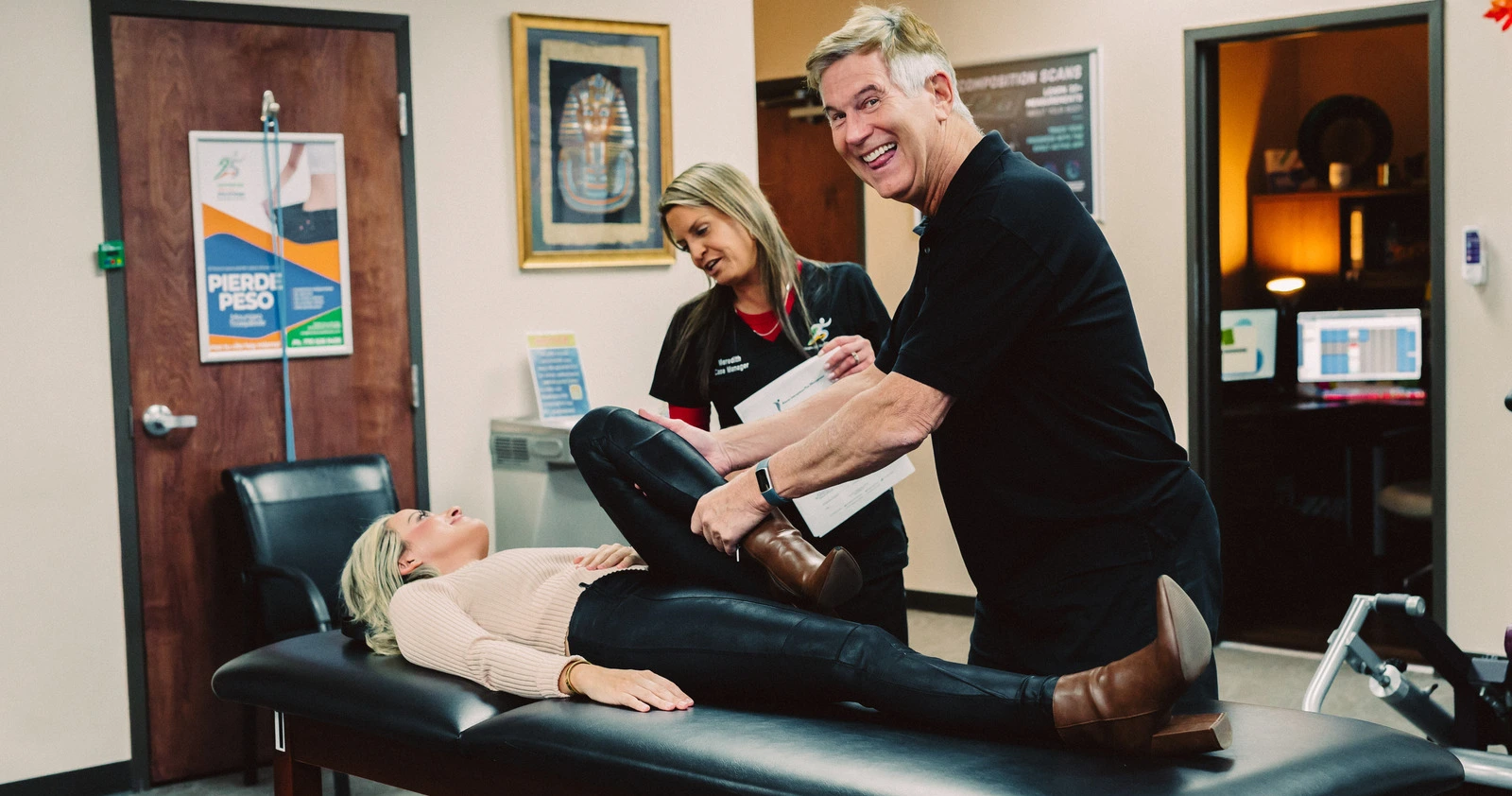
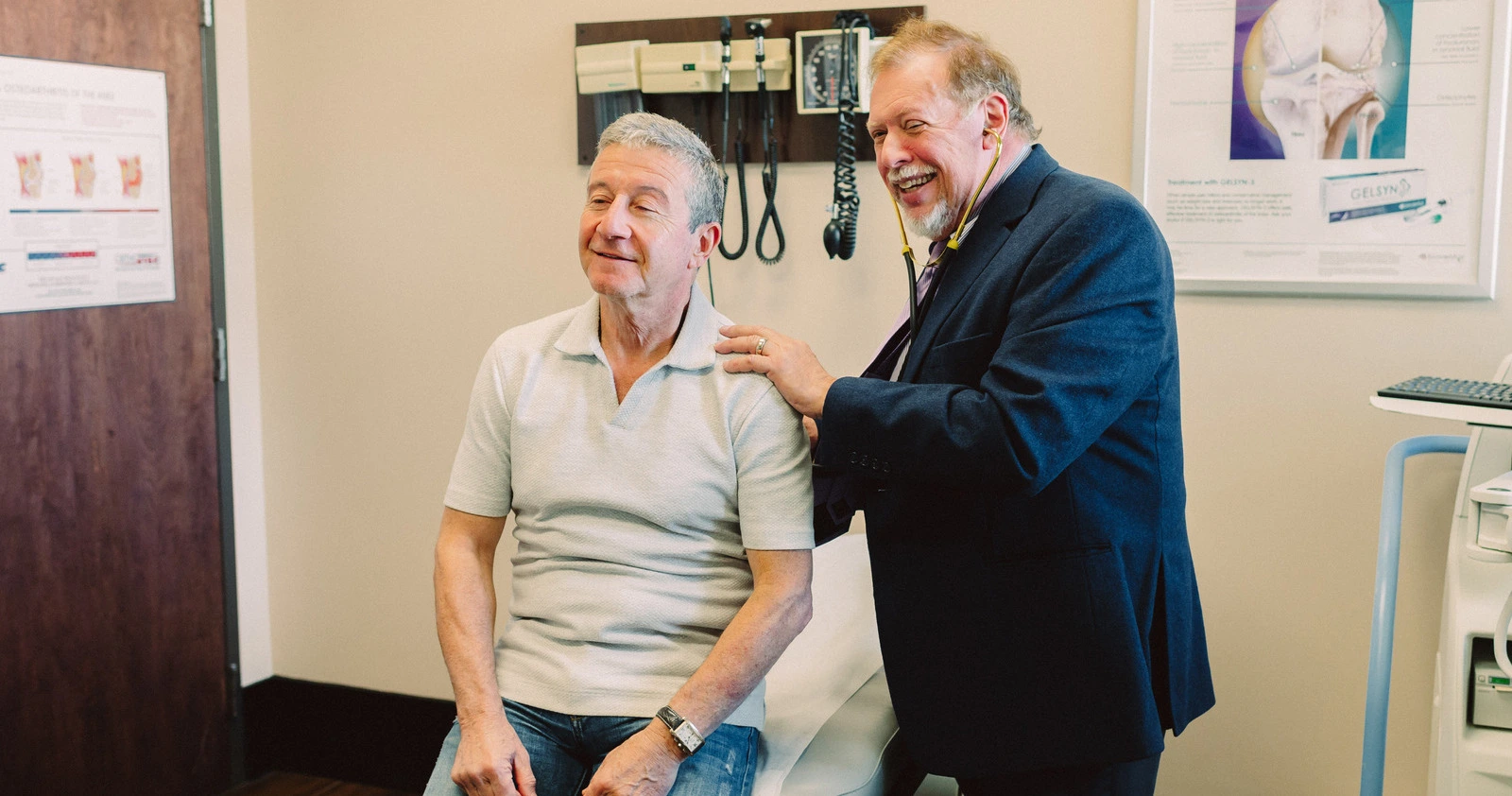


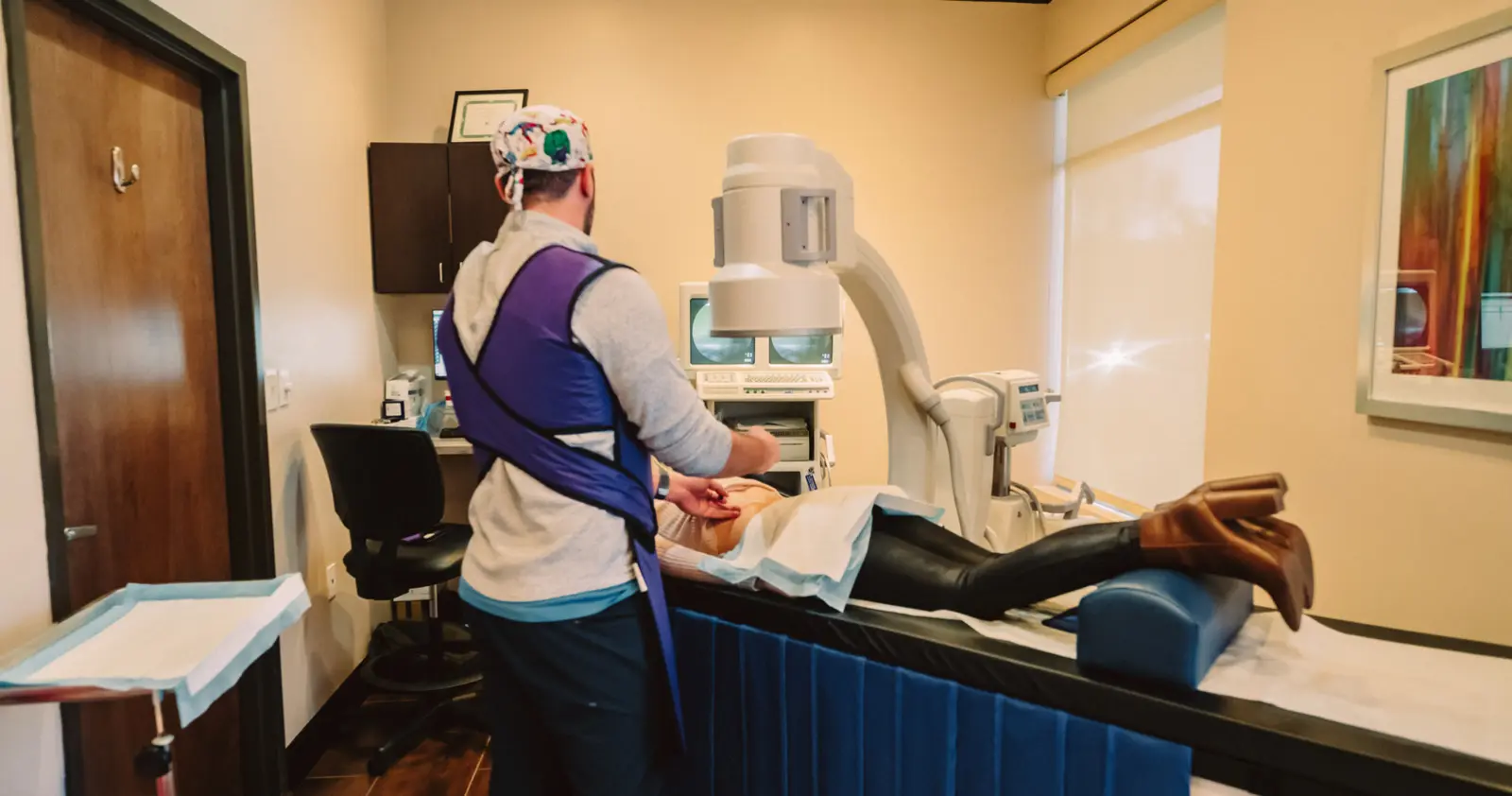

Our medical clinic offers a wide range of services, including primary care, specialty care, preventive care, diagnostic testing, chiropractic, physical therapy, and more. We strive to provide comprehensive and personalized healthcare to our patients.
Our medical professionals are highly trained and experienced in their respective fields. We have a team of doctors, nurses, specialists, and support staff who are dedicated to providing quality care and ensuring the well-being of our patients.
Our clinic(s) are conveniently located in a central area, with easy access to public transportation and ample parking facilities. We understand the importance of accessibility and strive to make it convenient for our patients to reach us. See all locations
We take pride in our high patient satisfaction rates and positive outcomes. We regularly collect feedback from our patients to continuously improve our services and ensure we meet their expectations. Read Our Reviews
We strive to work with a wide range of insurance providers to ensure that our services are accessible to as many patients as possible. We also offer flexible payment options and financial assistance programs to make healthcare affordable for our patients.
The purpose of this visit is to assess your symptoms, diagnose any potential conditions, and provide appropriate treatment or recommendations. Your healthcare provider will outline the recommended treatment plan, which may include medications, lifestyle changes, therapies, or referrals to specialists, depending on your condition.
In addition to our core medical services, we may offer additional benefits such as extended hours, online appointment scheduling, electronic medical records, and patient education resources.


We are a Multidisciplinary Clinic with over 75 years of Combined Experience